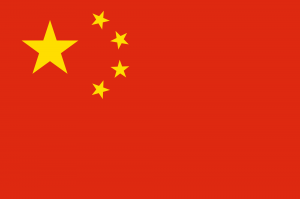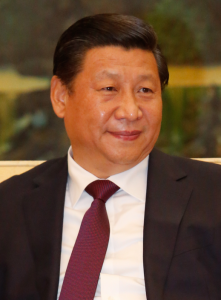
The Chinese government is pushing ahead with 300 infrastructure projects valued at ¥7 trillion ($1.1 trillion) to be completed in 2015, but tries to avoid from calling the move a new economic stimulus package. The investments are part of a larger 400 projects- ¥10 trillion initiative started late last year and planned to last through 2016.
At a press briefing today in Beijing, Luo Guosan, an official with the National Development and Reform Commission, said that while the government was promoting key projects in seven areas to attract private investors, it wasn't repeating its previous stimulus plans. “It’s not a stimulus program by expanding fiscal input, it’s about guiding social capital into investment projects. It has nothing to do with the 4-trillion-yuan stimulus plan in 2008, and it is fundamentally different from that.”
Infrastructure investments are of special importance to China’s Central and Western inland provinces, where development is far behind the wealthier coastal East. The government has allocated $16.3 billion especially for infrastructure development in those areas, as part of the groundwork for its "New Silk Road Economic Belt." The funds will be used to build and expand railways, roads and pipelines in Chinese provinces along the planned route to one day connect East Asia and Europe.

Xi Jinping
Meanwhile, Chinese President Xi Jinping said today that the country was able to maintain a “medium to high growth” rate in 2015 and beyond. He spoke at a Latin American leaders forum in Beijing trying to assure the world that China’s economy has entered a “new normal,” and will continue to expand, just not at the breakneck speed of past years.
At the forum, President Xi strived to cultivate relations with the Latin American leaders whose countries are major exporters of commodities crucial to the growth of China's huge economy. He pledged to make $250 billion direct investments in the region over the next 10 years and vowed to double bilateral trade to $500 billion by the end of that period.


















